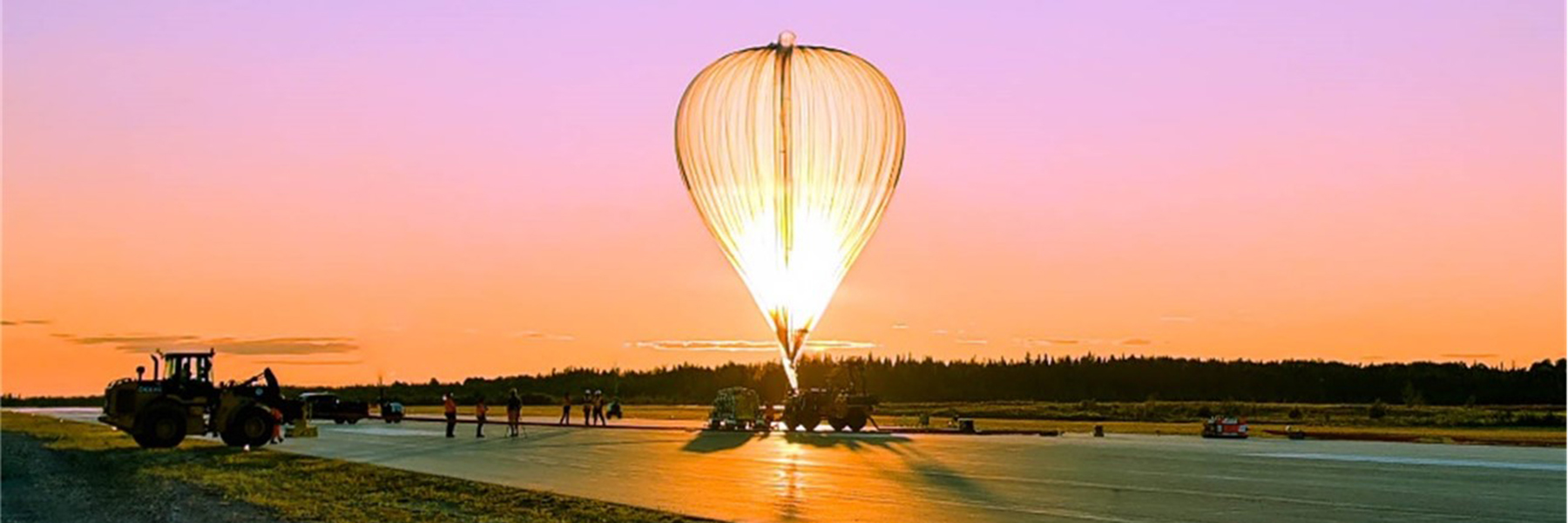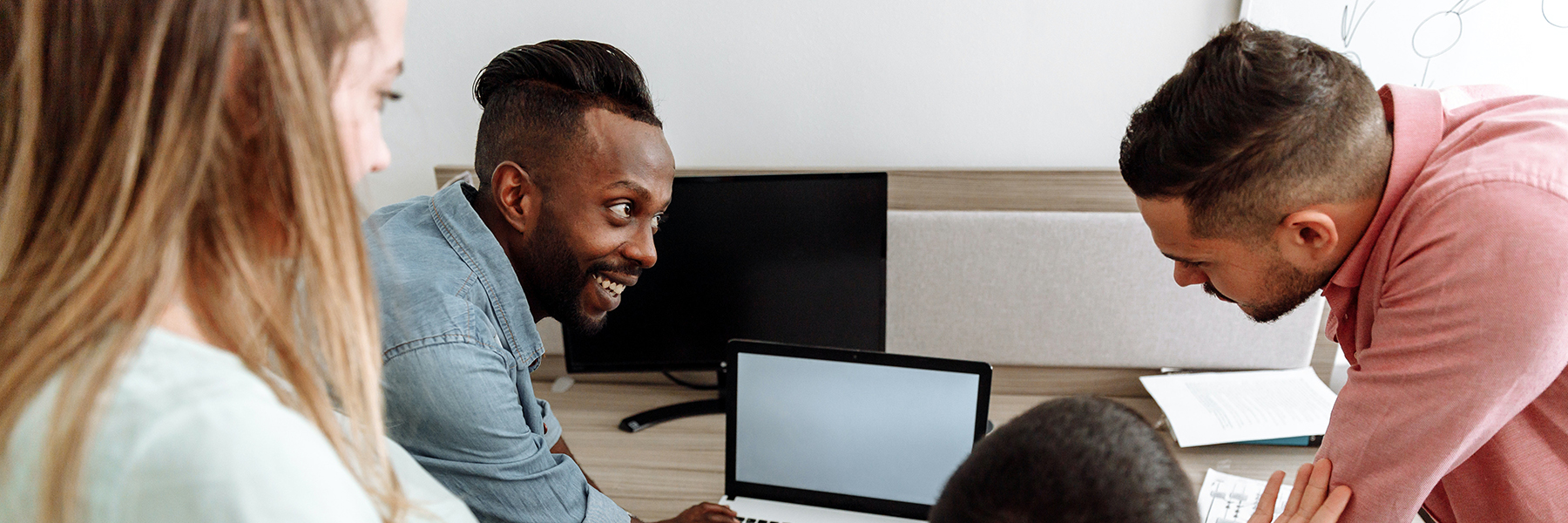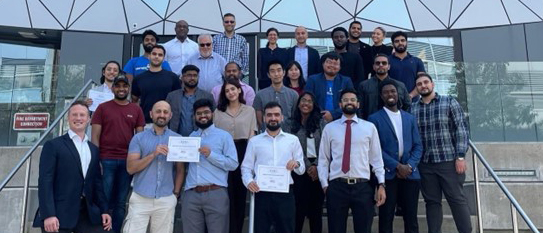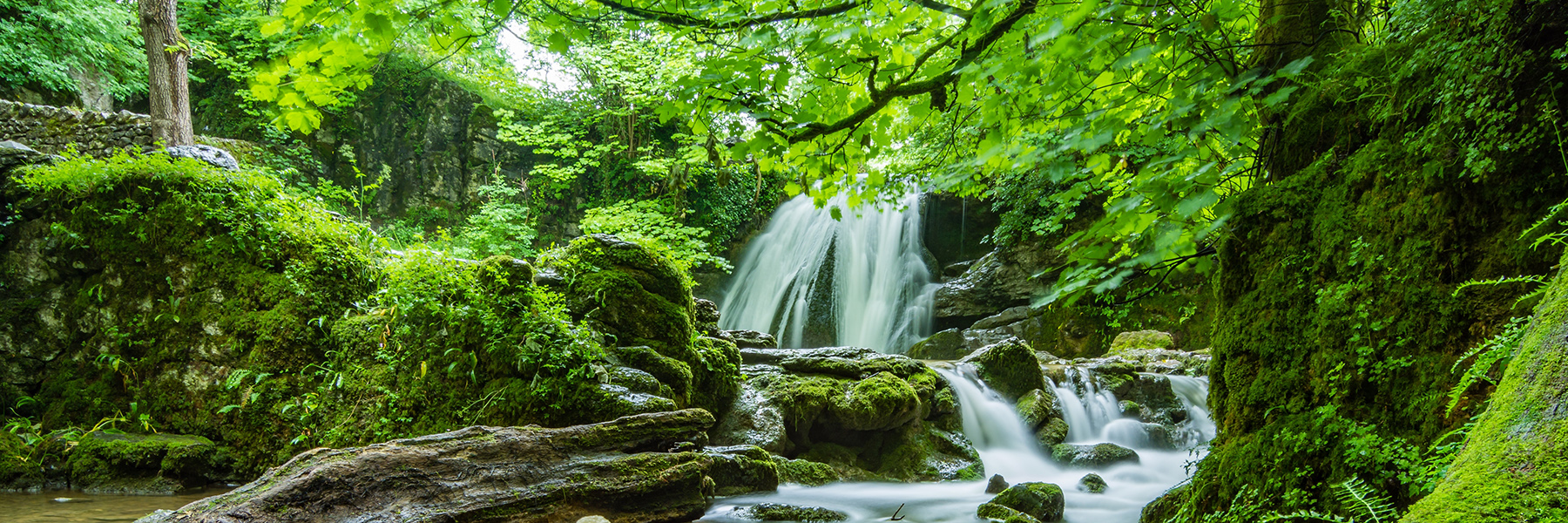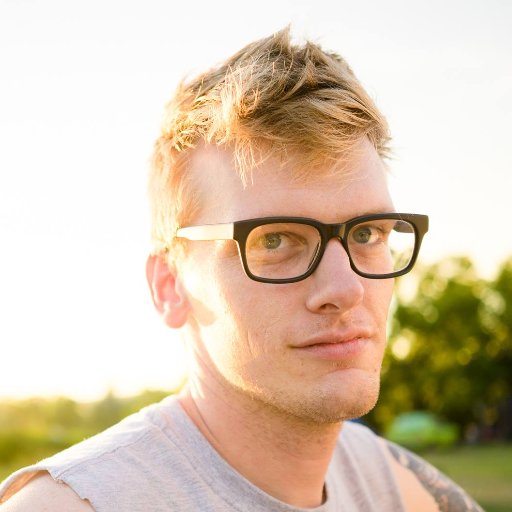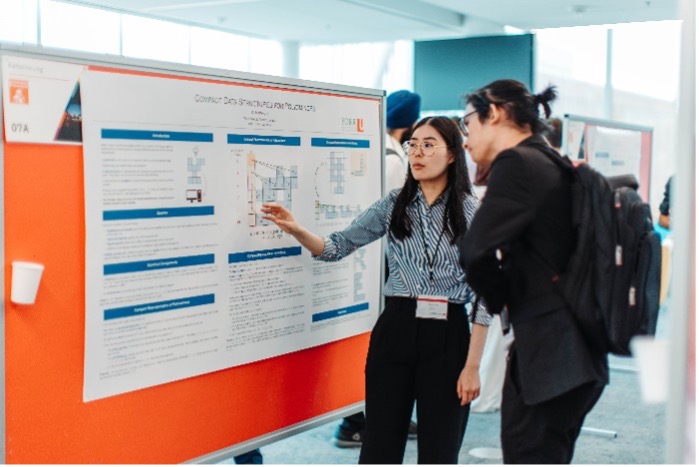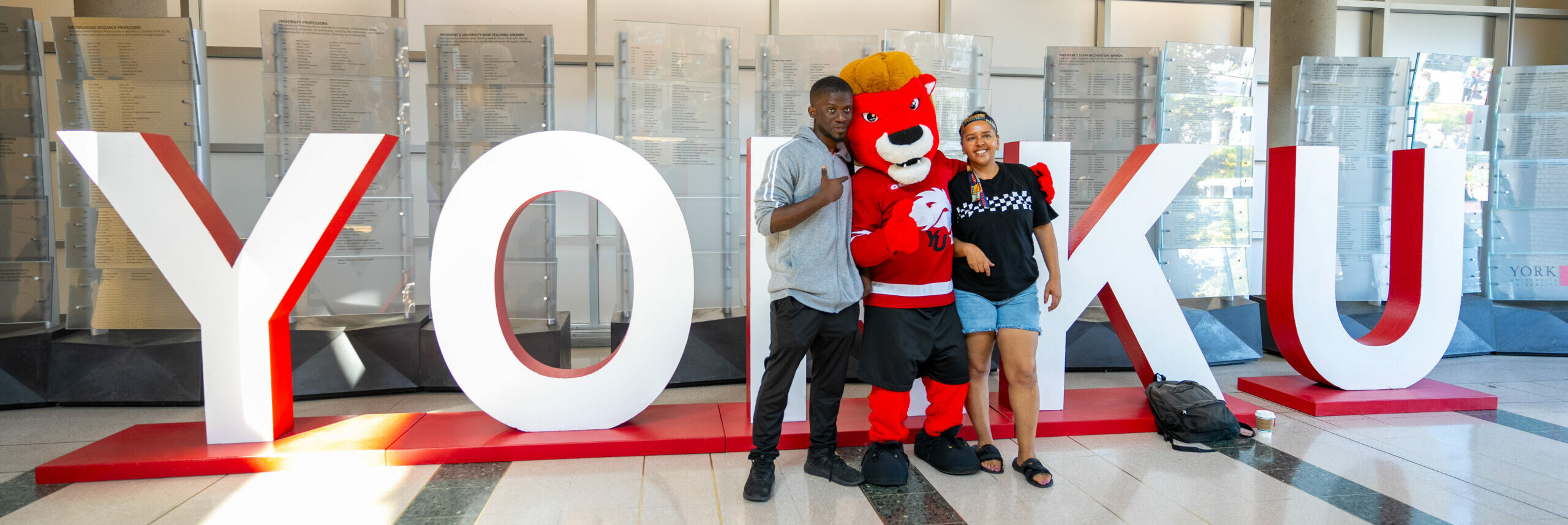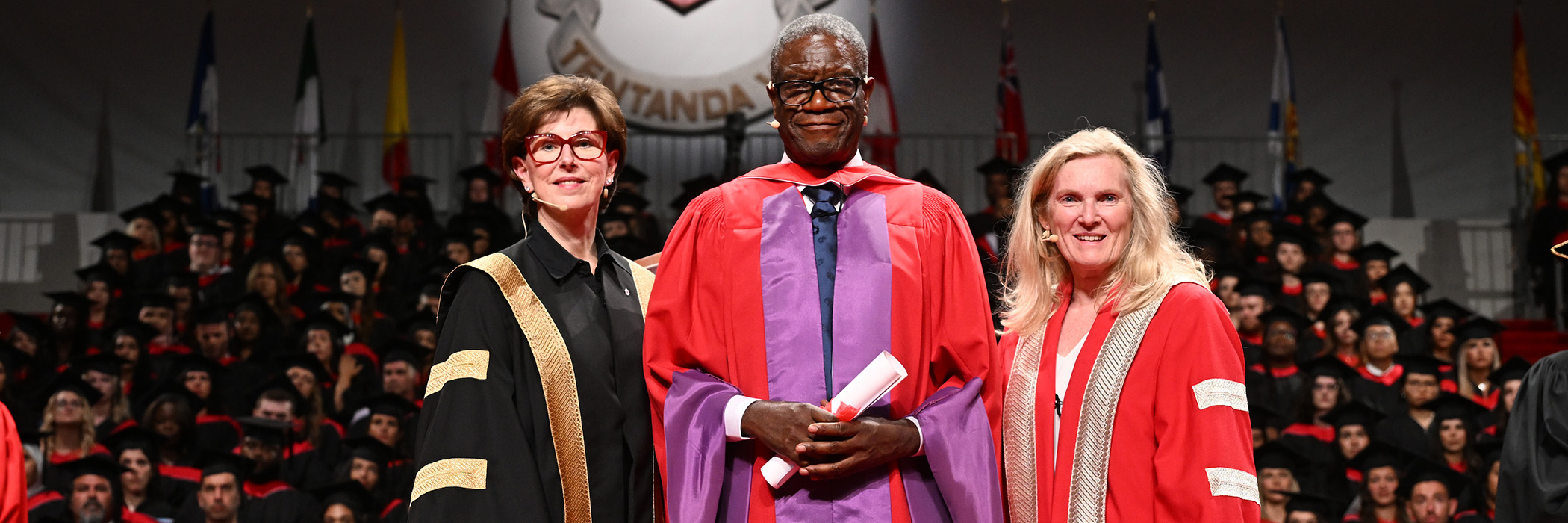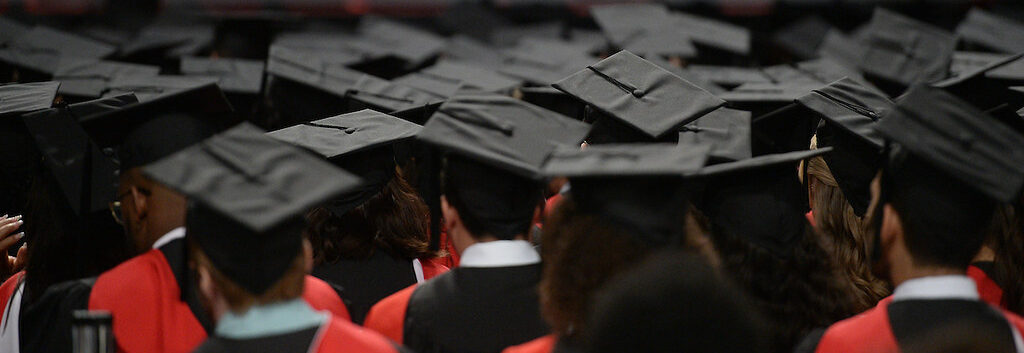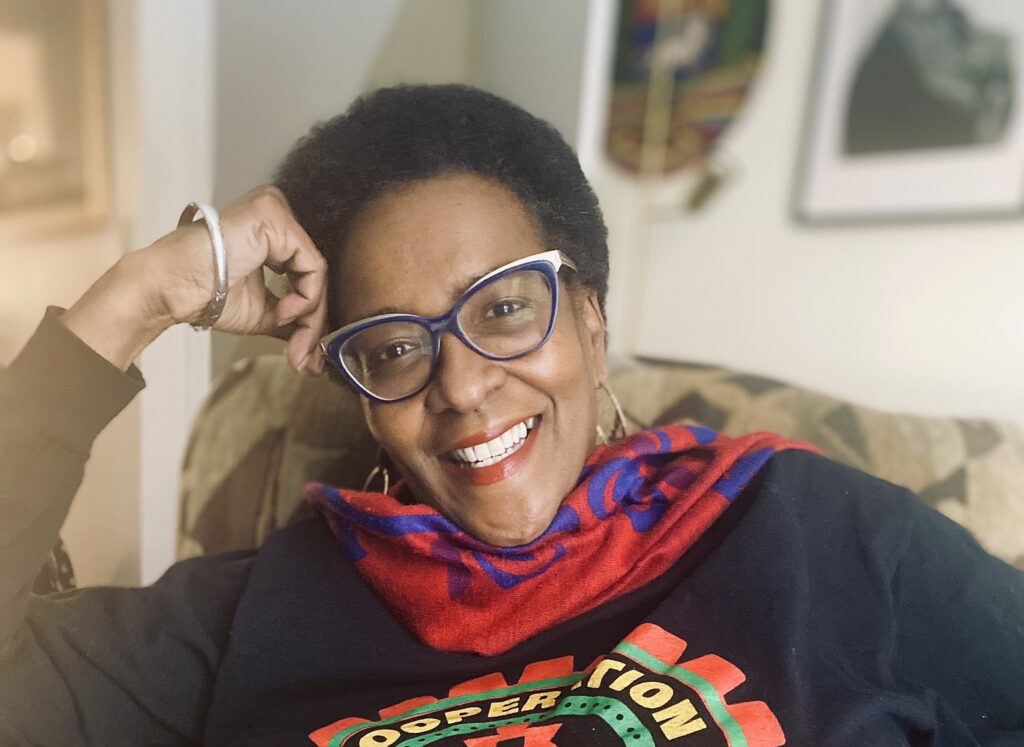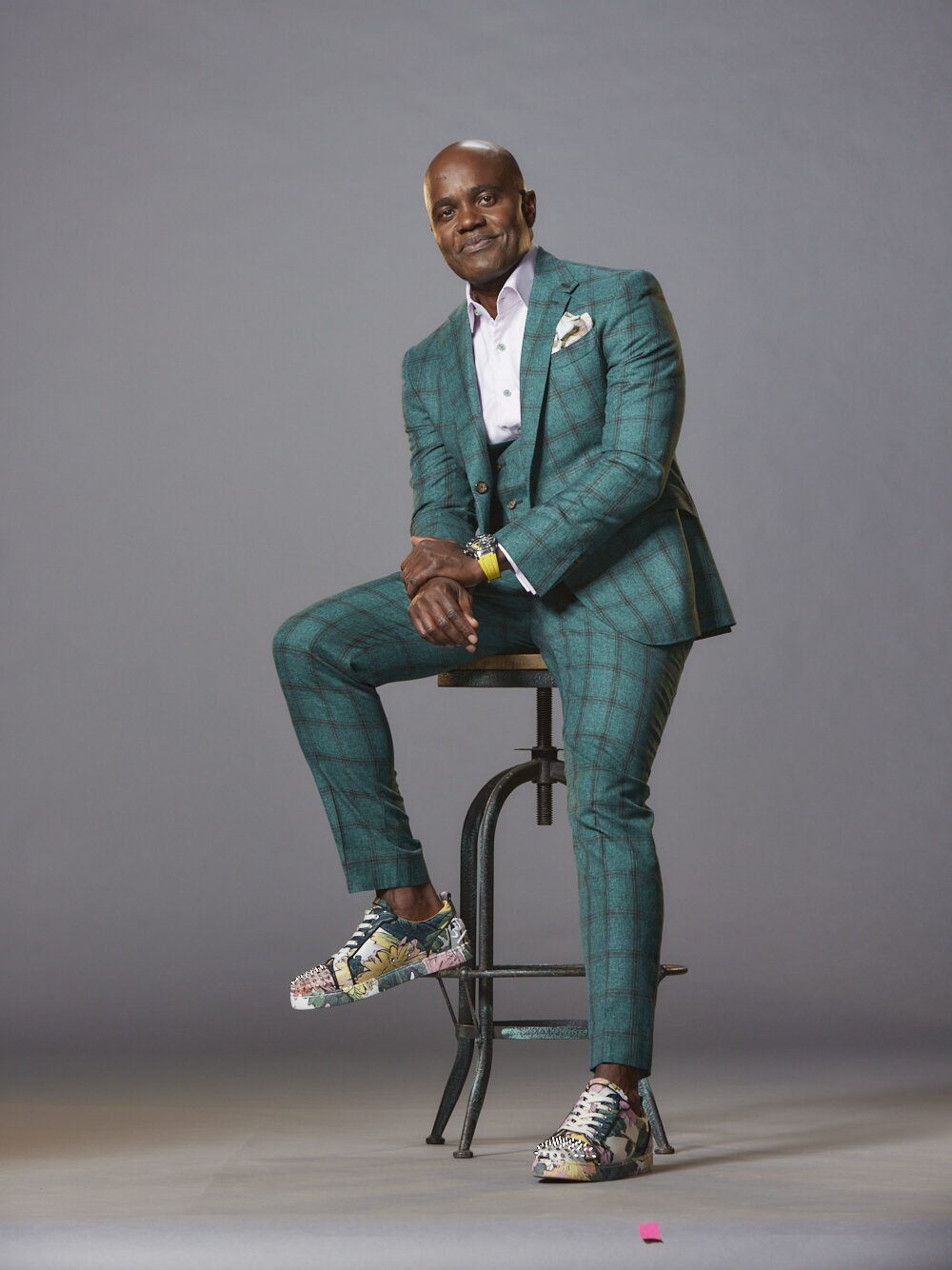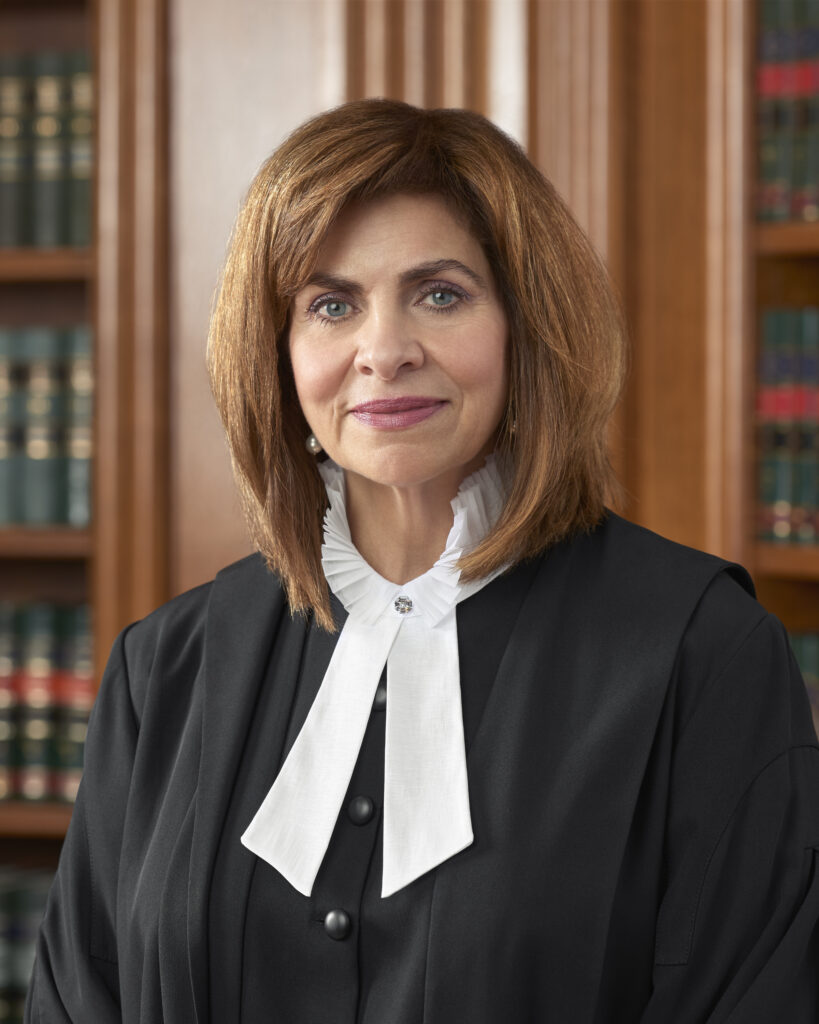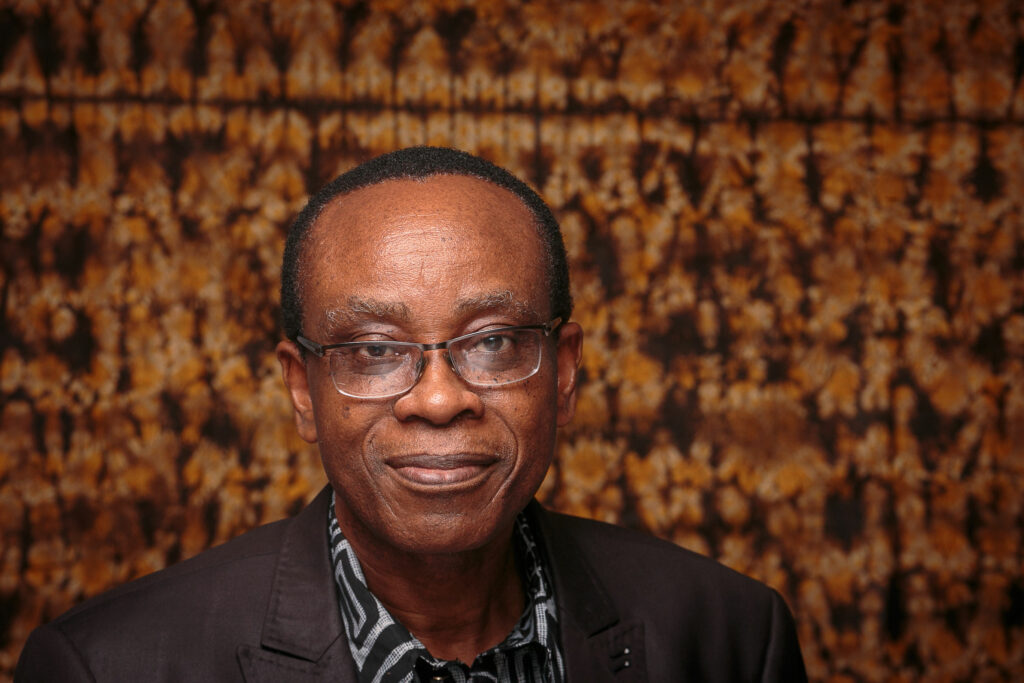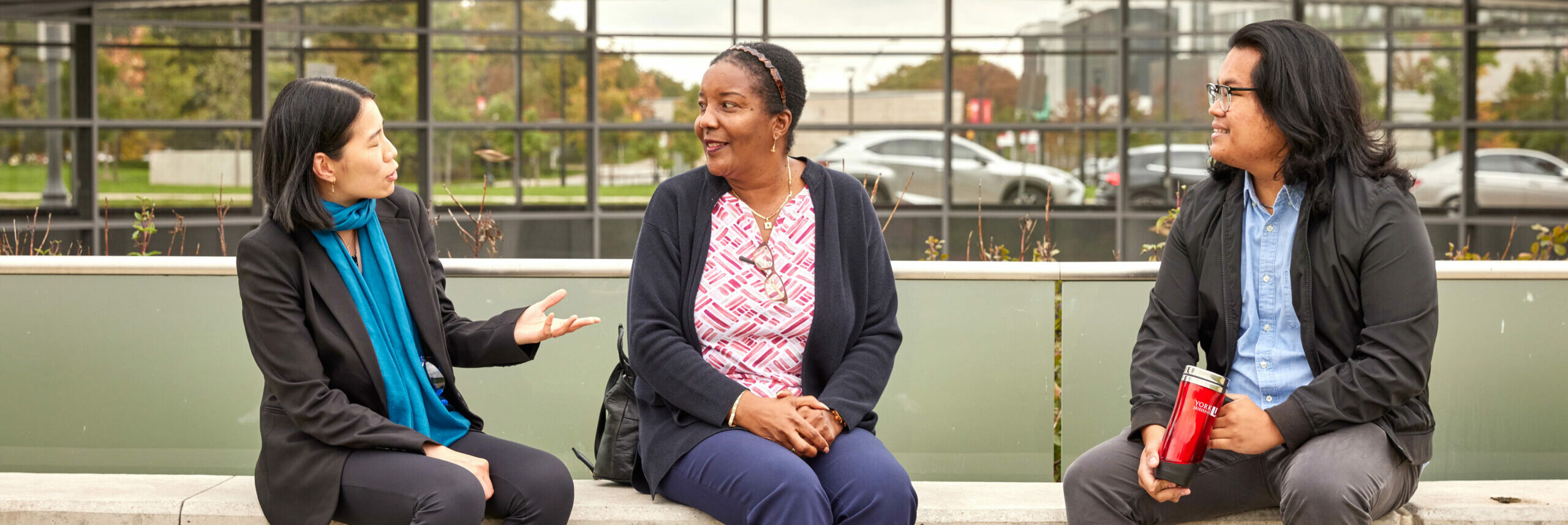Student researchers, supervised by professors Regina Lee and Jinjun Shan in the Department of Earth & Space Science & Engineering at York University’s Lassonde School of Engineering, launched and tested new space technologies into the stratosphere as part of the Strato-Science 2023 campaign, which provides post-secondary students with opportunities to design, build and test small payloads aboard high-altitude balloon systems.
The stratosphere – not quite as distant as outer space, but much higher than airplane-cruising altitude – is a layer of the Earth’s atmosphere situated in the perfect area to deploy space instruments and technologies, test their function and collect useful information.
The two payloads launched by Lassonde students were lifted off from the Timmins Stratospheric Balloon Base in northeastern Ontario during two different early-morning flights, and returned a collection of data and information to undergo analysis.
The two projects, and their experiential impact, were:
Resident Space Object Near-space Astrometric Research (RSOnar) v2
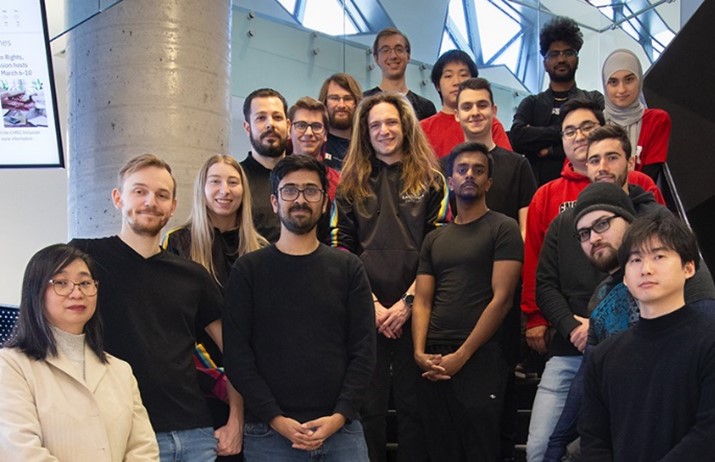
Space is occupied by various satellites, rockets and debris known as resident space objects (RSOs), some of which are inactive or broken and can overcrowd space environments or interfere with space missions and assets. By tracking and monitoring RSOs through the practice of space situational awareness (SSA), scientists can use collected data to inform RSO removal and help establish sustainable space environments.
Joining space surveillance efforts, RSOnar v2, a CubeSat developed by a large team of undergraduate and graduate students in Lee’s Nanosatellite Research Lab, was launched up to the stratosphere to test its SSA abilities. Equipped with four independent imaging systems, RSOnar v2 was propelled to a cruising altitude of 37 kilometres, where it surveyed the stars and captured images of satellites and space debris as they passed by, using a dual-purpose star tracker concept.
“We collected a lot of data during this space mission and are now working on processing the images we obtained from the flight,” says Randa Qashoa, RSOnar v2 project manager and PhD candidate in earth and space science. “The images will be used by many members of the research team to test and verify our algorithms, including RSO detection and attitude determination. We also received a lot of valuable information on the impact of changing camera parameters to enhance the quality of resulting RSO images. This was a large leap forward in proving the dual-purpose star tracker concept for future space missions.”
In addition, this mission served as an important experiential learning opportunity for all students involved, promoting teamwork, critical thinking and skill building.
“As project manager, I learned many skills throughout this mission, from planning to operations,” says Qashoa. “My coding skills were improved through testing and debugging various components and I also developed my soft skills like team building and communication. The experience I gained from this mission was invaluable to my personal growth.”
Miniature Imaging Fabry-Perot Spectrometer (MIFPS)
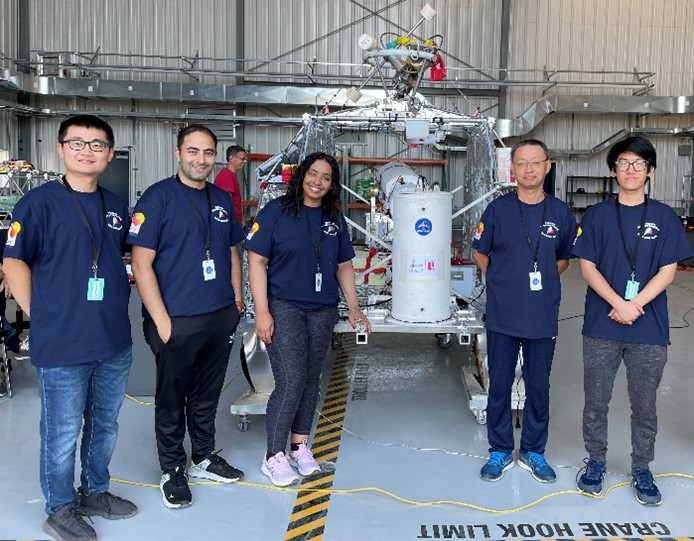
Supervised by Shan’s Spacecraft Dynamics Control and Navigation (SDCN) Lab, a team of student researchers ranging from the undergraduate to postdoctoral level developed the scientific instrument called the Miniature Imaging Fabry-Perot Spectrometer (MIFPS) to take accurate, high-resolution measurements of the molecular oxygen atmospheric band. These measurements provide useful information on various parameters that can help improve understanding of cloud and aerosol properties and inform solutions for climate and air quality concerns.
In preparation for its voyage above the clouds, MIFPS underwent extensive calibration and control tests to ensure the instrument demonstrated greater function than its predecessor, which was tested during a stratospheric balloon launch in 2017. Specifically, the team aimed to improve the finesse of MIFPS, a parameter used to define the accuracy of measurements.
“Our payload was launched successfully into the stratosphere, and we were able to acquire some data,” says Ingredy Gabriela Gomes Carmo, a master of science candidate in space engineering. “We also managed to establish successful wireless communication with our payload during the launch. This was a great opportunity for me to work on a high-profile project with an amazing team. Before joining this project, I had no knowledge of Fabry-Perot Spectrometers, piezoelectric actuators and the system optics involved, but I now have a better understanding of how these systems work. I also gained understanding on how space missions are designed and had the opportunity to work closely with personnel from the Canadian Space Agency and Centre National d’Études Spatiales.”
In addition to data acquisition, the research team successfully reached their goal of increasing the MIFPS finesse to meet the measurement requirements. The next steps for the SDCNLab are to fix the hardware issues encountered during the flight and re-fly the instrument. The team also hopes to implement new controllers to improve the instrument performance for future missions.


